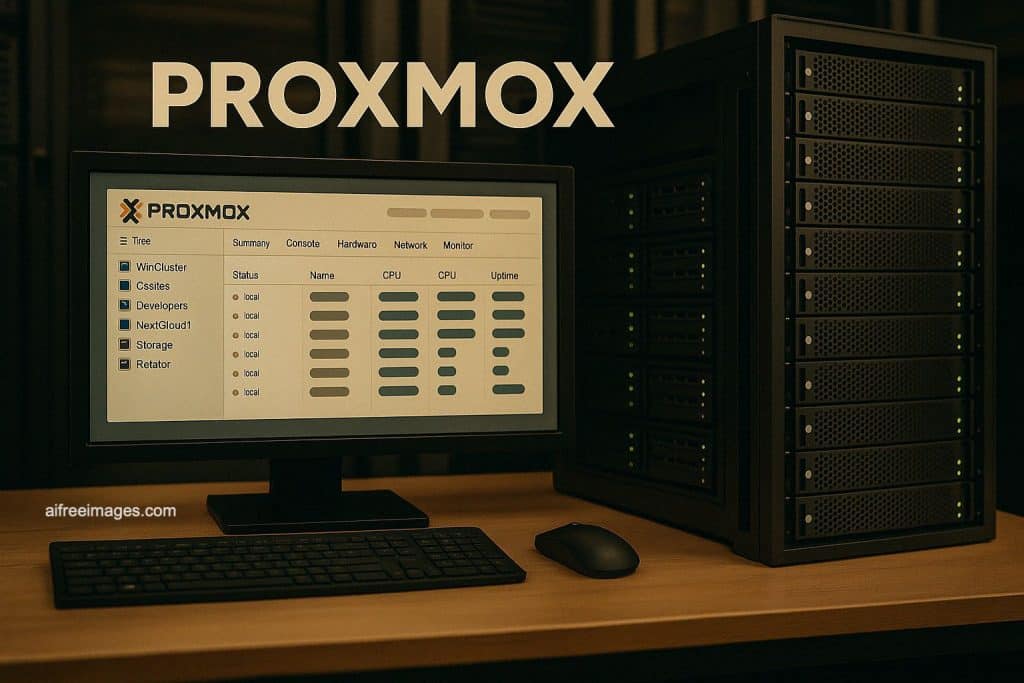The open-source virtualization platform Proxmox continues to strengthen its position in corporate environments thanks to its stability and flexibility. This is confirmed by the experience of Philipp Schütze, System Administrator at German company it-D3 GmbH, who shared his conclusions on LinkedIn after more than a year using Proxmox VE and Proxmox Backup Server (PBS) across various client infrastructures.
Straightforward, Centralized Administration
Schütze highlights that Proxmox’s web interface is clear and functional, allowing tasks such as starting virtual machines, taking snapshots, or verifying backups without requiring external tools.
When necessary, even clients can be granted limited-access permissions to monitor their own systems.
In parallel, the technical team works directly from the shell and uses the Proxmox API to automate processes, such as VM creation or recurring management tasks via Ansible.
Reliable Backups with PBS and ZFS
Proxmox Backup Server has proven stable and efficient, offering incremental, encrypted, and fully auditable backups. Combined with ZFS, it allows for fast snapshot creation and quick integrity checks.
While restoration times depend on the size of the virtual machine, Schütze states that recoveries have always worked reliably, even in critical situations.
Maintenance Without Production Downtime
Live migration within a cluster is not just a theoretical feature—in it-D3 GmbH, it’s regularly used to patch hosts, move services between nodes, or reconfigure storage, typically without noticeable downtime for end users.
Even Windows virtual machines benefit from this procedure, making it a clear advantage in mission-critical environments.
Scalability Without Hidden Costs
Adding a new host doesn’t require additional license fees, and connecting new storage systems is straightforward. Features such as cluster creation, software-defined networking (SDN), or Ansible integration are available for those who need them but are not mandatory, allowing gradual deployment according to the client’s needs.
Conclusion
For Schütze, Proxmox is not a hype product but a robust, adaptable work tool that delivers on its promises and integrates seamlessly into day-to-day systems administration. At a time when many companies are looking for more affordable and transparent alternatives to proprietary solutions, his experience reinforces Proxmox’s role as a viable option for professional, production-grade environments.

